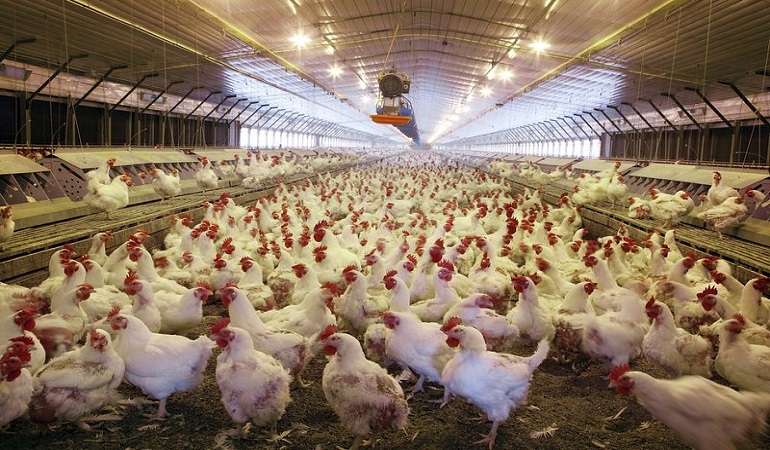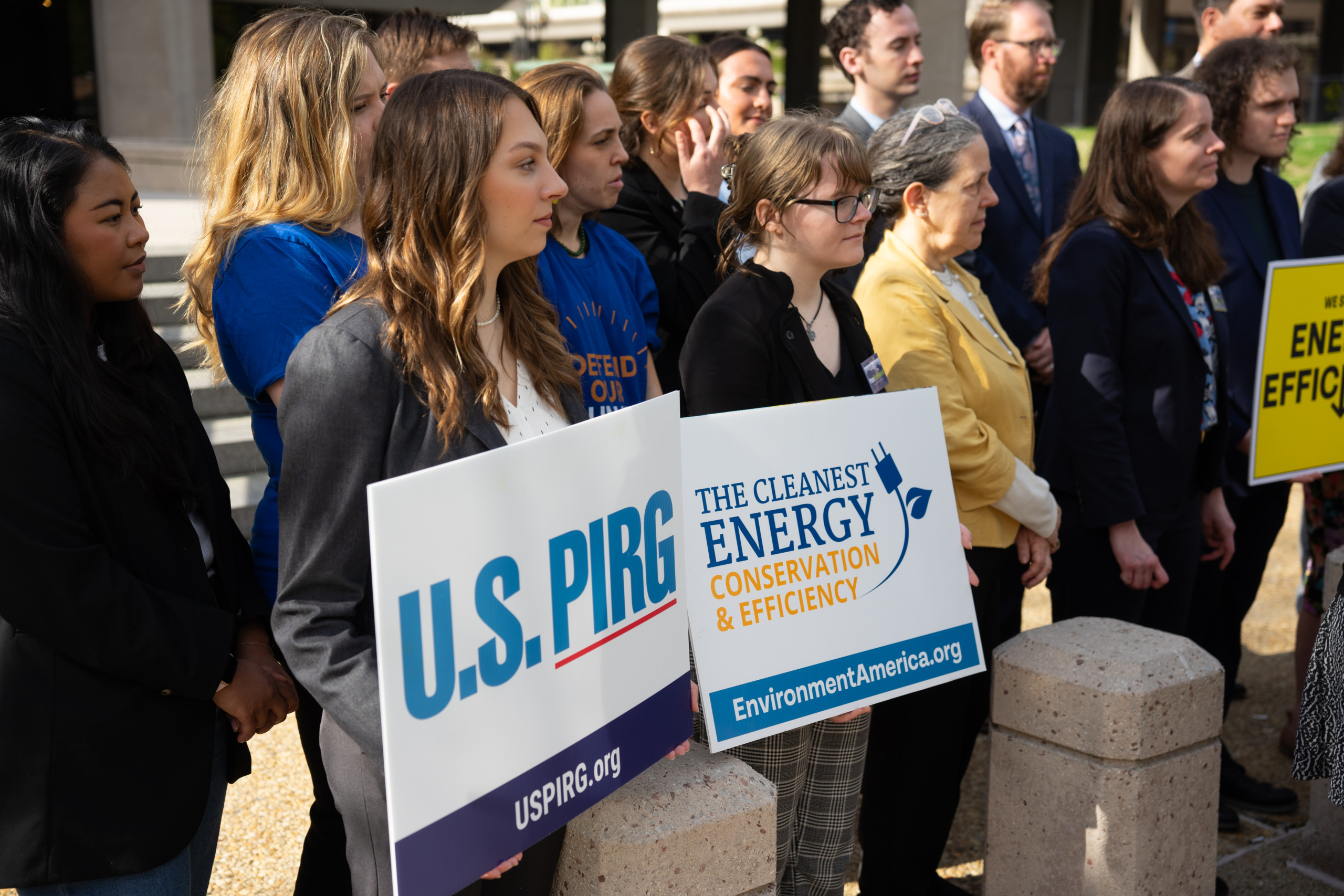
PIRG trains activists pushing back against polluting factory farms
CAFOs (concentrated animal feeding operations), also known as factory farms, are a bad deal for rural communities

This spring PIRG Education Fund joined with regional partners to form an action team to address concentrated animal feeding operations (CAFOs), also known as factory farms or industrial feedlots, in the Midwest and other farming regions.
The team recently hosted a CAFO Community Action Training Series to train local and state level activists from across the country to organize effectively in their communities to stop the expansion of industrial animal agriculture. This model contributes to various health, environment, and economic problems that harm the vitality of rural communities and residents’ overall wellbeing.
To address the primary knowledge and skills gaps that local activists often need help filling, the series consisted of three webinars:
- “Community Organizing to Stop Feedlots” with experienced local organizers & community organizing experts Frank James & Sonja Trom Eayrs
- “Demystifying the Regulatory Picture” with regulatory experts Carly Griffith & Adam Voskuil
- “Positive Alternatives to the CAFO System” with sustainable farming experts Dr. John Ikerd & Eowyn Corral
Partners on the CAFO Action Team include Dakota Resource Council, Kansas Rural Center, Minnesota Center for Environmental Advocacy, and RE-AMP.
The team trained over 60 activists from more than a dozen states stretching coast to coast from Massachusetts and North Carolina in the East, to Wisconsin, Illinois, and Missouri in the Midwest, and all the way to the Oregon coast. These trainee activists are now equipped to stand up against efforts to establish or expand factory farms in their communities. Now, these activists have the tools to advocate for protecting residents’ health and quality of life, the environment, and their communities’ overall vitality and wellbeing, over the shortsighted decision to let a factory farm move in next door.
Topics
Updates

Energy Conservation & Efficiency
Groups urge Biden to ‘Finish the job’ on appliance efficiency

Energy Conservation & Efficiency
Transformer efficiency rule leaves energy savings on the table

120,000 biometric gun safes recalled because they don’t lock; four brands affected

Energy Conservation & Efficiency
Stove efficiency standards finalized
